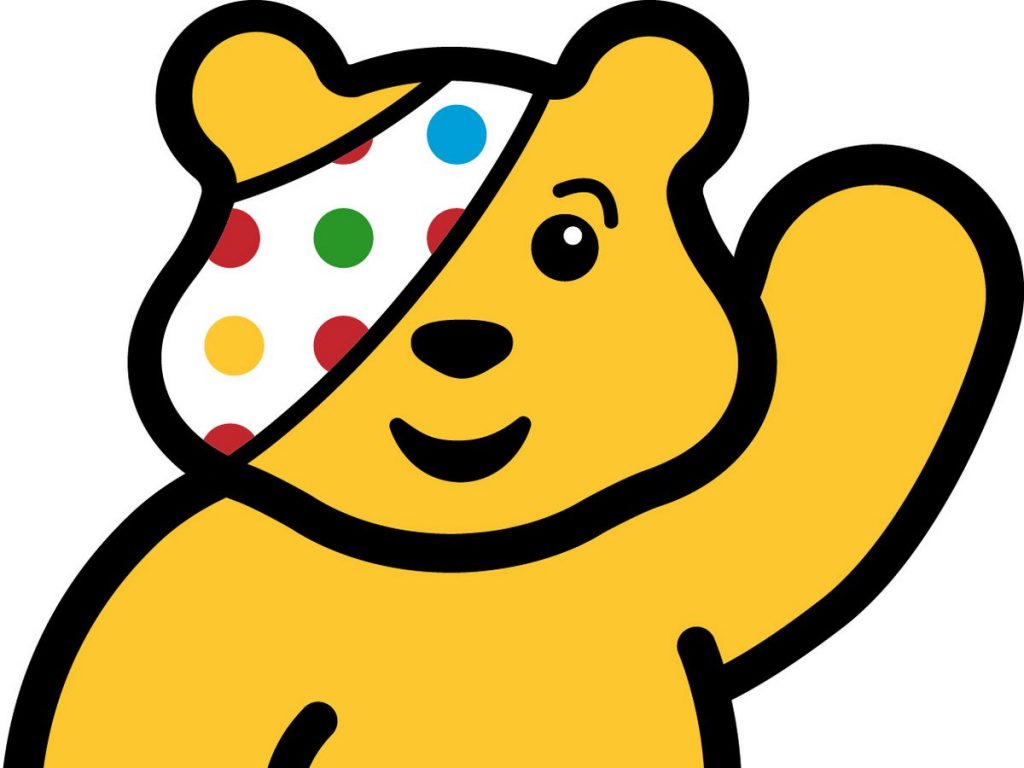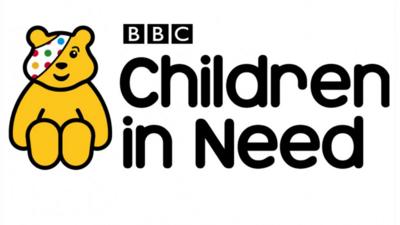By Piotr Boiwka
AS PUDSEY Bear has changed in time, the idea it represents is still actual. Children are in need and for the 40th time, the fundraising event has been broadcast by the BBC.
This year, it was even more important due to the COVID-19 pandemic, which affected young people abominably in many ways. The number of children affected by food insecurity, anxiety, and stress increased significantly.
Time for charities is extremely difficult. Analysis of more than 1,600 fundraising pages made by BBC showed that the average amount raised by the given organisation decreased from £657 a month in February to £236 in June. This is even more dangerous for small charities which are mostly affected by lack of funds.

But even huge fundraising campaigns like Children in Need observed remarkably lower income, comparing to previous years. This year’s £37 million looks phenomenal, but when we look at over £47 million gained in 2019, it seems a little bit pale.
What went wrong? Simply saying – coronavirus. Because of the COVID-19 pandemic, lockdowns, and economic crisis people are worried about their financial condition, what causes a lower level of donations for charities on all levels.
NGOs are struggling to gain an audience when they are unable to provide traditional forms of events. Strategies based on crowded gatherings on fresh air were mostly impossible to deliver. Fundraisers needed to adapt to create a digital equivalent, often without any previous experience in this area. Many have done that with success, but it still has not matched financial results from the past.
Hopefully, circumstances from this year will result in combining both ways of organising events in even more successful fundraisings. Digital versions are much cheaper and abilities to gain the public’s attention are endless. Innovation and creativity made a huge jump ahead and this year’s experience will surely pay off in the future.
Piotr Boiwka is a student blogger from the MA in Media and PR at Newcastle University

